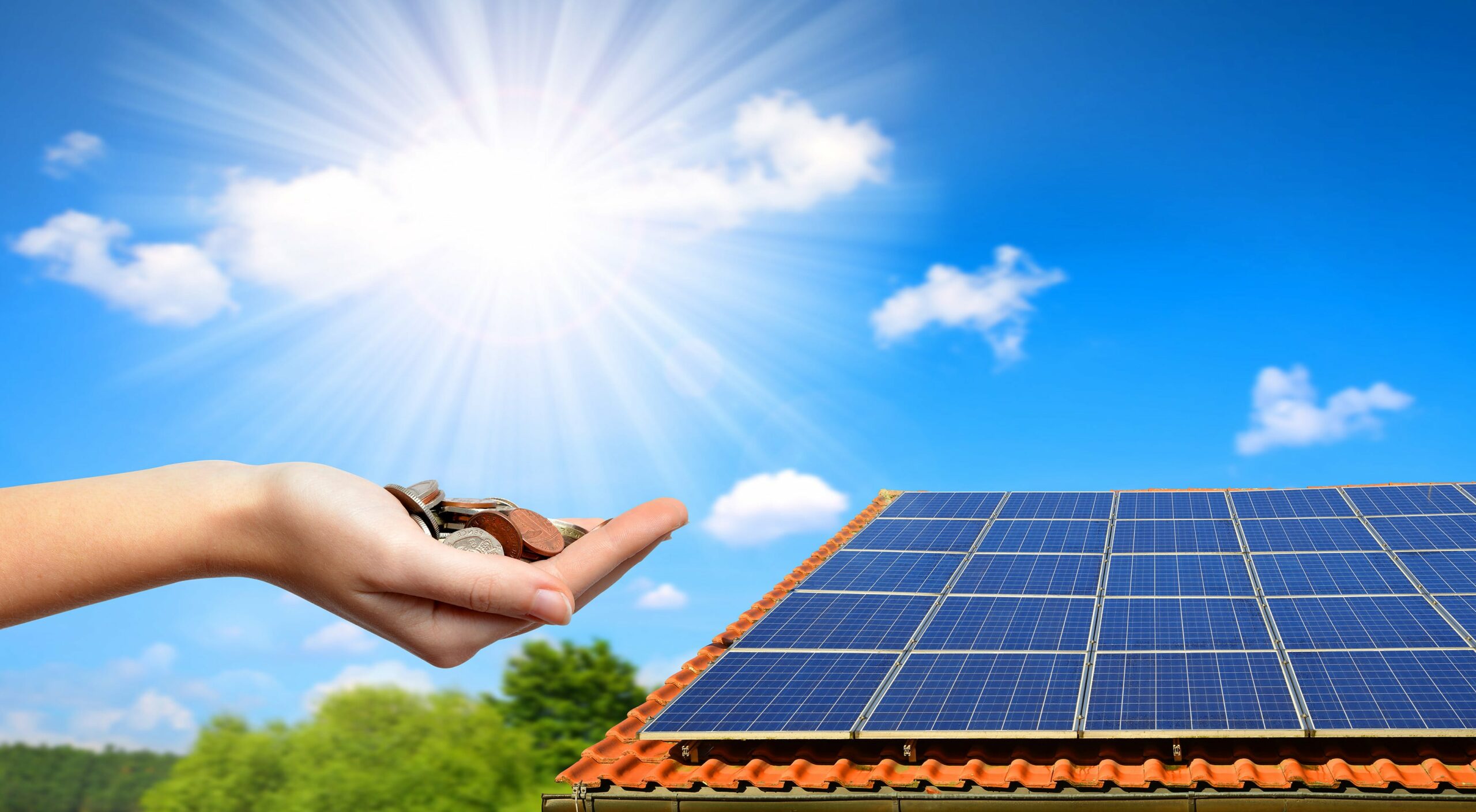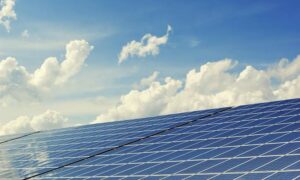Looking to make a positive change in your lifestyle while reducing your carbon footprint? Switching to solar energy could be just the thing you need! Not only is solar power eco-friendly, but it also offers a plethora of benefits that can improve both your health and wallet. From reduced electricity bills to improved air quality, let’s explore the top reasons why embracing solar energy is a smart choice for anyone looking for a healthier way of life.
What are the benefits of switching to solar energy?
There are many benefits to switching to solar energy, both for the environment and your wallet. Solar panels produce no emissions, which is great for the planet. You can save money on your energy bills by using solar power, and you won’t need any extra hardware or installations to make this happen. Additionally, solar panels provide a renewable resource that can last indefinitely. If you’re worried about climate change, switching to solar power is one of the most effective ways to help reduce your carbon footprint.
How does solar energy work?
Solar energy is one of the most popular and environmentally-friendly forms of energy. It is generated from the sun’s rays, which fall on objects and convert their energy into electricity. This electricity can be used to power homes and businesses, or it can be sold back to the grid. Solar energy has many benefits for a healthy man lifestyle:
- Solar energy is renewable and responds to changes in the weather.
- Solar panels are easy to install and maintain.
- Solar energy is affordable, providing savings over time.
- Solar energy produces no emissions, making it an eco-friendly choice.
The different types of solar panels
There are a variety of solar panels available on the market today, each with its own set of benefits and drawbacks. This article will outline the different types of solar panels, their benefits, and how they compare to one another.
The most common type of solar panel is the monocrystalline panel. They are made from a single piece of crystalline silicon and are cheaper to make than other types of panels. Monocrystalline panels have lower efficiency rates than other types of panels, but they are still capable of generating electricity.
Polycrystalline solar cells are made from many small pieces of crystalline silicon and have higher efficiency rates than monocrystalline cells. They also cost more to manufacture, but they can be mounted on larger surfaces and can generate more electricity than monocrystalline cells.
Semi-conductor solar cells are made from materials that allow electrons to flow freely through them. These materials have high efficiency rates and can be used to create thin films that can be attached to other objects or placed on roofs or walls.
Organic photovoltaic (OPV) cells use organic material instead of silicon to produce electricity. OPV cells have high efficiency rates but tend to be less efficient at generating sunlight than other types of panels. OPV cells may also need a longer exposure time to generate enough energy for use in an electronic device.
What do I need to switch to solar energy?
If you’re looking for ways to cut down on your energy costs and reduce your carbon footprint, switching to solar energy is a great option. Here are some of the top benefits:
- Solar energy is affordable.
One of the biggest benefits of solar energy is that it’s very affordable. If you’re looking to install solar panels on your home or office, you can typically find deals that will save you a significant amount of money. In some cases, you may be able to save up to 80% on your electricity bill!
- Solar energy is environmentally friendly.
Another big benefit of solar energy is that it’s environmentally friendly. Unlike traditional sources of energy, like fossil fuels, solar panels don’t produce any emissions when they’re in use. This means that solar energy is a great option for reducing your carbon footprint.
- Solarenergy provides consistent power throughout the day and night.
One of the main benefits of solar energy is that it provides consistent power throughout the day and night. This means that you won’t have to worry about changing your schedule or dealing with outages like you would with other forms of power generation.
Costs and savings of switching to solar energy
There are a number of benefits to switching to solar energy, both financial and environmental. Here are four of the top reasons to consider making the switch:
- Savings on your energy bill: Solar panels typically generate more power than a standard array of incandescent or fluorescent lights, which means you’ll save money on your electricity bill. In some cases, you could see savings of up to 80%.
- Clean energy: Solar energy is based on the natural radiation that falls on earth from the sun. As such, it is environmentally friendly and doesn’t produce any harmful byproducts.
- Reduced greenhouse gas emissions: Switching to solar energy can help reduce your carbon footprint, as solar panels produce zero emissions when in use. In fact, a study by The Guardian found that installing solar panels can reduce greenhouse gas emissions by as much as 68%.
- Community support: Many people feel a sense of community involvement when they switch to solar energy – something that’s especially important when it comes to environmental causes. By supporting renewable energy sources, you’re helping promote sustainability in the long run – something everyone can get behind!
Conclusion
Solar energy is becoming more and more popular each year, as it is one of the most sustainable forms of energy out there. Solar panels are becoming cheaper and easier to install which means that more and more people are switching to solar power for their own health and wellbeing. Here are some of the top benefits of switching to solar energy:
1) It’s environmentally friendly – One of the main reasons why we should switch to solar energy is because it’s environmentally friendly. Unlike other forms of energy, like oil or gas, solar panels don’t produce any harmful emissions into the atmosphere.
2) It reduces your carbon footprint – Another great benefit of using solar energy is that it reduces your carbon footprint. By using renewable sources of energy such as solar power, you are helping reduce global warming and its devastating effects on our planet.
3) It saves you money – Not only does solar power help reduce your environmental impact, but it also saves you money in the long run. By switching to solar power, you will be reducing your dependence on costly fossil fuels and electricity bills.



































